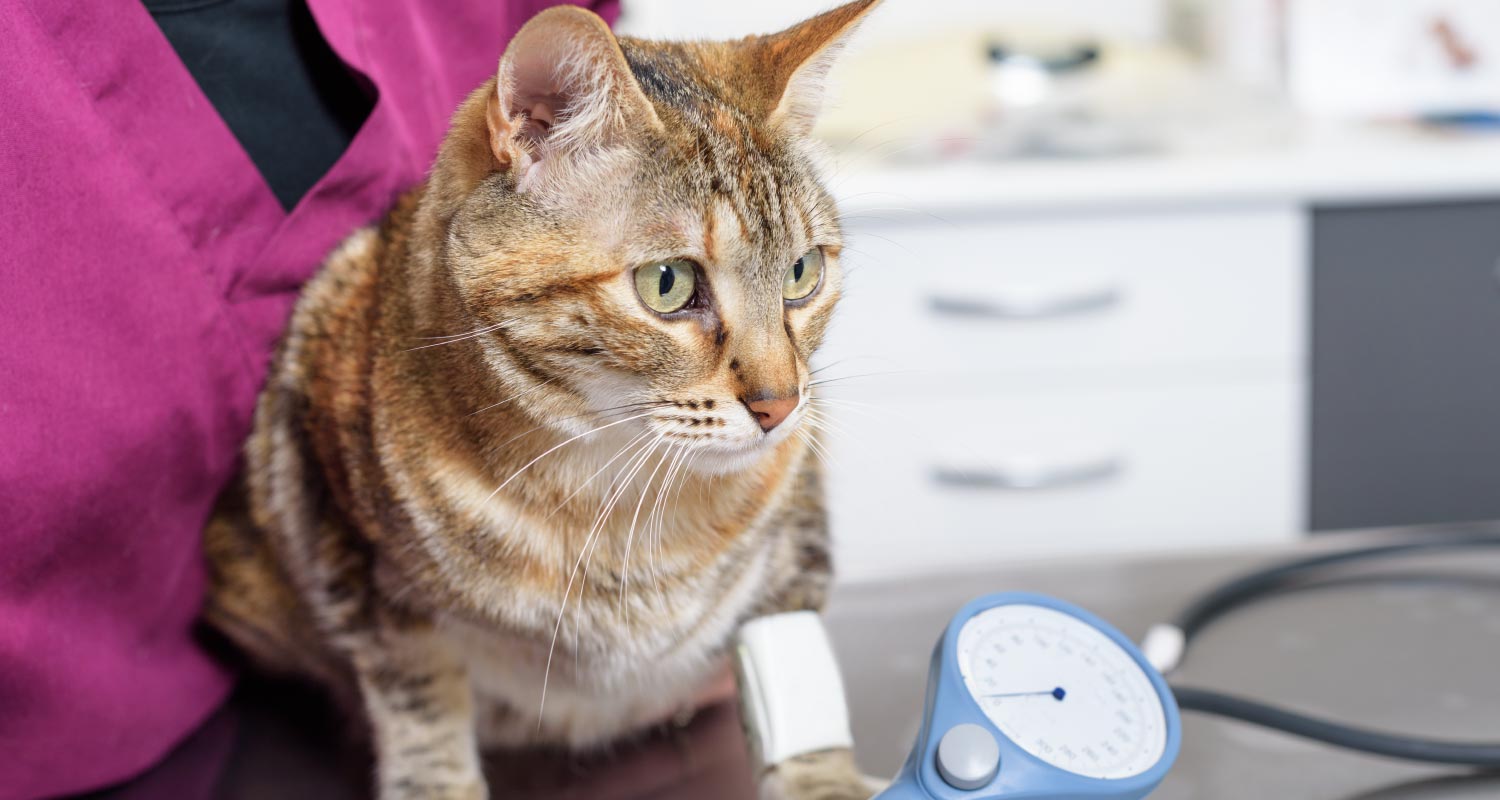HEALTH & WELLNESS

VOTING BOOTH

TRENDING

LIONS FOUNDATION OF CANADA DOG GUIDES
Lions Foundation of Canada Dog Guides and its founding program, Canine Vision Canada, was established in 1983. It’s the largest school of its kind in Canada with its training school in Oakville and breeding facility in Breslau.
Management of Feline Chronic Kidney Disease

HOW TO TREAT AND MANAGE CHRONIC KIDNEY DISEASE IN CATS
The Important Functions of Kidneys
A cat’s kidneys are very important for the functioning of the body. Kidneys do a variety of things, such as:
- Helping to manage blood pressure
- Making hormones
- Stimulating the bone marrow to make more red blood cells
- Removing waste from the blood
What is Chronic Kidney Disease (CKD)?
Chronic Kidney Disease is a common, debilitating condition that affects about 10% of all cats and up to 35% of older cats. The term CKD is used to describe progressive loss of kidney function over a period of months or years. There’s no cure for CKD, but treatment can significantly improve the quality and prolong the lives of cats that suffer from this disease.
Kidneys can begin to fail as your cat reaches middle-age and older. If left untreated, CKD can lead to a number of health problems. When the condition is chronic, it has developed over years and is irreversible and incurable. But with early diagnosis, treatment and management, you can improve both the quality and length of your cat’s life.
Focus of Therapy
Therapy focuses on slowing the progression of kidney disease by:
- Reducing the buildup of toxic waste products in the bloodstream
- Maintaining hydration
- Controlling blood pressure
- Addressing disturbances in electrolyte concentration
- Managing appropriate diet and environment
Common Doesn’t Mean Easier to Deal with
Many cat owners know about CKD and that it’s a common disease. Still, when cats are diagnosed with CKD it’s normal for their owners to feel hopeless.
To begin with, it’s terrible to know your cat has been in pain. You probably also can’t help wondering how long it’s been going on and why you didn’t really notice anything. Of course, now you need to find out how the disease can be managed… but you can’t help also wondering how affordable and sustainable it will be in the long run.
WHY YOU SHOULD NOT LOSE HOPE
Even though there is no cure for CKD, there is medication that can help cats live longer, happier lives.
Treatment of CKD
For best results, you will have to work with a vet you trust to create and stick to a treatment plan for your cat, if he or she has been diagnosed with CKD.
There’s no one-size-fits-all solution, but rather a protocol that should be adapted to suit your cat’s age, needs, stage of disease and reaction to treatments.
What you should focus on:
- Address underlying causes of CKD
- Deal with infections and inflammation
- Discuss diet management with your vet. Your cat should eat enough to stay healthy
- Vitamin and mineral deficiencies should be addressed
- Your cat should drink enough clean water to stay hydrated
- Ask your vet how to best manage phosphate and protein levels
- If necessary, control high blood pressure that may arise
- Find out which lifestyle changes can promote comfort
IMPORTANT
Ask your vet to prescribe an oral solution, specifically designed for cats with CKD, that reduces the amount of protein lost in urine.
Find a veterinarian near you.








